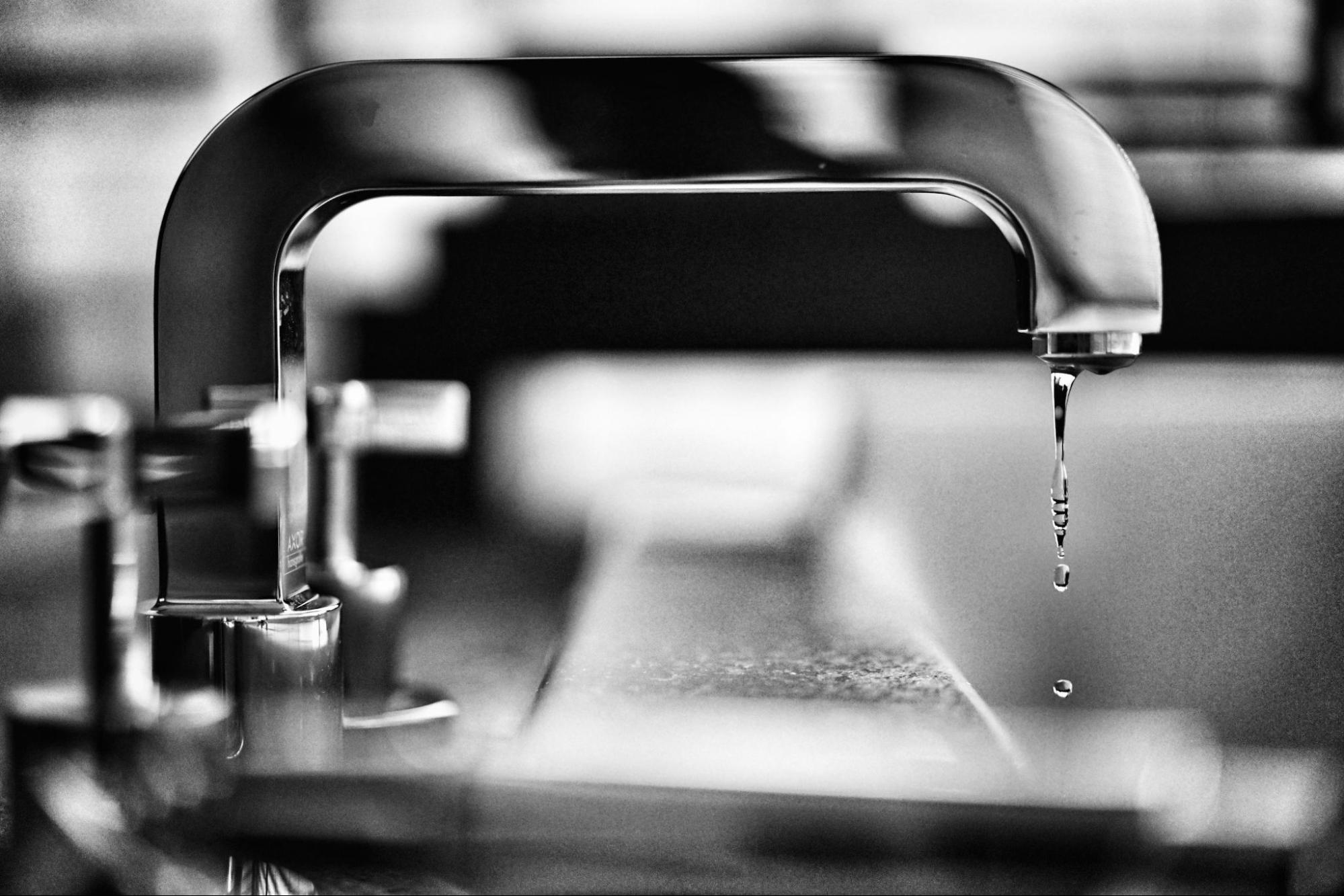.jpg)
Discover proactive strategies to prevent water leaks, protect your home, and save on costly repairs. Learn essential maintenance tips and best practices.
Water leaks are among the most expensive and common household problems. If not treated quickly, they can cause significant property damage, mold, and water bills. Fortunately, there are a few best practices that can effectively prevent these incidents and protect your home in the long term.
Inspect installations regularly
The first step in avoiding leaks is to regularly inspect the sensitive components of your plumbing. Check the condition of faucets, visible pipes, joints, and fittings. Pay particular attention to areas under sinks, around toilets, and near the water heater. At the first signs of wear, such as rust, humidity or drops of water, it is advisable to call in a professional for a quick repair or replacement.
Maintain household appliances
Appliances such as dishwashers, washing machines or refrigerators with water dispensers are often connected to water pipes. Over time, these pipes may deteriorate or crack. It is recommended to replace plastic pipes with reinforced braided steel models, which are much stronger. An annual inspection of these devices can also avoid a lot of unpleasant surprises.
Protect your pipes against frost
In winter, pipes exposed to the cold are particularly vulnerable. The water inside can freeze, cause the pipes to expand and cause them to burst. To avoid this, insulate pipes located in unheated areas, such as garages, cellars, or attics. The use of heating tapes is also an effective solution for harsh winters.
Install leak detection devices
Technology now offers numerous solutions for detecting leaks at an early stage. There are smart water detectors that alert by alarm or mobile notification in case of a leak. Some models can even automatically shut off the water supply to avoid major damage. This investment is particularly appropriate for primary and secondary residences.
Adopt good habits
Simple daily actions can prevent leaks. Never throw fats or oils down the sink as they can harden and clog pipes. Also, avoid hanging heavy objects from visible water pipes, such as those in the basement. During work or renovations, it is preferable to use certified plumbing materials and to entrust the installation to a qualified professional.
Call a plumber for a preventive inspection
Even if everything seems to be in good condition, it is a good idea to have your plumbing inspected by a plumber at least once every two years. An expert eye will be able to detect problems that are invisible to the uninitiated and make adjustments to extend the life of your water system.
Conclusion
Preventing water leaks is a proactive approach that protects your home, your comfort and your wallet. With regular maintenance, adapted equipment and a few simple actions, it is possible to considerably reduce the risk of leaks. Don't wait for an incident to happen: take care of your plumbing today.


